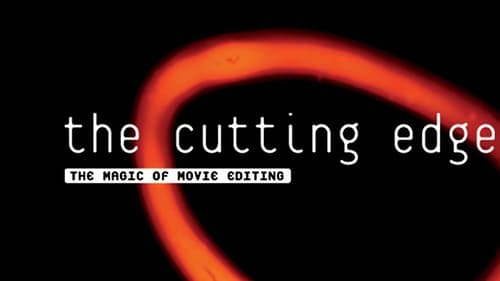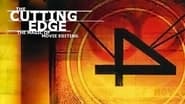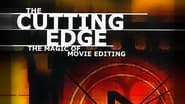Evengyny
Thanks for the memories!
Matrixiole
Simple and well acted, it has tension enough to knot the stomach.
Chirphymium
It's entirely possible that sending the audience out feeling lousy was intentional
Humaira Grant
It’s not bad or unwatchable but despite the amplitude of the spectacle, the end result is underwhelming.
TBJCSKCNRRQTreviews
This is one of the two feature-length documentaries on the 2-Disc Special Edition DVD of Bullitt. With a running time of 95 minutes, it is the longer one, by about 12 minutes. It consists of interviews and film clips(old, new, fiction, documentary(including propaganda works), famous and unknown, and a little real life footage; note that there are spoilers for many of the movies) used as examples or such, and narrated well by Kathy Bates. It is ironic that the invisibility and underrating of the role of the editor is somewhat shown by the fact that a couple of the directors here are actors first(big names, of the kind that draw attention), but other than that, I can say nothing negative about this. Everyone here has something to say(no, I know, I didn't expect much from Rob Cohen, the man behind xXx, either), and those who have the most to offer genuinely *are* the ones we see for the majority of this. Speaking as someone who *loves* the art of cutting, I can't say if this will be as compelling to those who aren't into the craft, however, this is clearly made for said group, and if you find yourself in it, you will not regret watching this. Before seeing this, I would not have dared suggest that one could successfully tell the history of its development and cover this amount of ground on the "theory" of it(like the line I quote in the summary, to give just one example) in a mere hour and a half. The whole thing is extremely interesting and informational. It has a great sense of humor without trying too hard. The numerous analogies and the like are excellent. As is fitting for the subject, this is put together rather well. There is a little strong language in this. I recommend this to anyone who wants to know more. 8/10
james higgins
This is a must see documentary for any serious film buff. For all you folks out there that dismiss older films, you may be surprised by your favorite directors such as Quentin Tarantino, Martin Scorsese, Steven Spielberg and James Cameron praising the magnificence of silent films and many classics. Without these classics and the skill involved in making them, today's movies wouldn't be what they are. A brilliant and informative documentary. It very thoroughly explores a movie art form that is often not understood and certainly unappreciated. The editing of a film is very instrumental in its success. However, not many people appreciate it.
Robert J. Maxwell
This is fascinating stuff. There's room enough in editing for both the technician and the poet.The documentary is narrated by Kathy Bates and, as the list of participants reveals, has a couple of dozen commentators. Not all of them are household names, of course, because who knows the names of any editors? Interesting that the craft started with women seated at their desks and cutting and gluing the old-fashioned way. It was thought proper to put a film through an assembly line of women because, well, that's a woman's job, isn't it? Cutting, snipping, crocheting, macramé, sewing -- weaving away forever like Penelope.And it STILL seems to be at least one of the occupations where the men haven't moved in and taken over entirely. (Another is superstar modeling, where the beautiful woman is paid about ten times what the beautiful man is paid.) One might think of the editor as some pale ectomorph buried in his cellar, gawking into a moviola, but they're actually pretty human and proud of what they do. The closest any of the editors come to that covert stereotype is probably Walter Murch. Here he is, a thin figure in a black Beatnik pullover, neatly trimmed beard, and proper eyeglasses, with never a wry comment or an expansive movement. He knows it too. He compares editors to precision jewelers. Yet he knows exactly what he's doing and shows us, point by point, how it's done. PS: It no longer involves being bent over a table and examining frames of movie film.A nice informative job by director Wendy Apple -- and editors Daniel Loeventhal and Tim Tobin.
mgoodwin88
This is a first-rate job of work, one of the best documentaries on film-making that I've ever seen, opening up the fascinating world of film editing by letting great editors and directors speak to us directly about the mysteries of film cutting--supported by illuminating examples drawn from real films. I can't praise too highly the thoughtful choice of speakers, from Thelma to Dede to Walter Murch and on down the line. Nice to see director Joe Dante too. I was particularly pleased at the inclusion of early film editing examples, such as Dziga Vertov's Man With a Movie Camera and, of course, the down-the-stairs sequence from Potemkin. (The film includes a few sequences from later films that echo the Potemkin sequence, but I bet there's at least five examples they missed!) Bravo! Michael Goodwin





